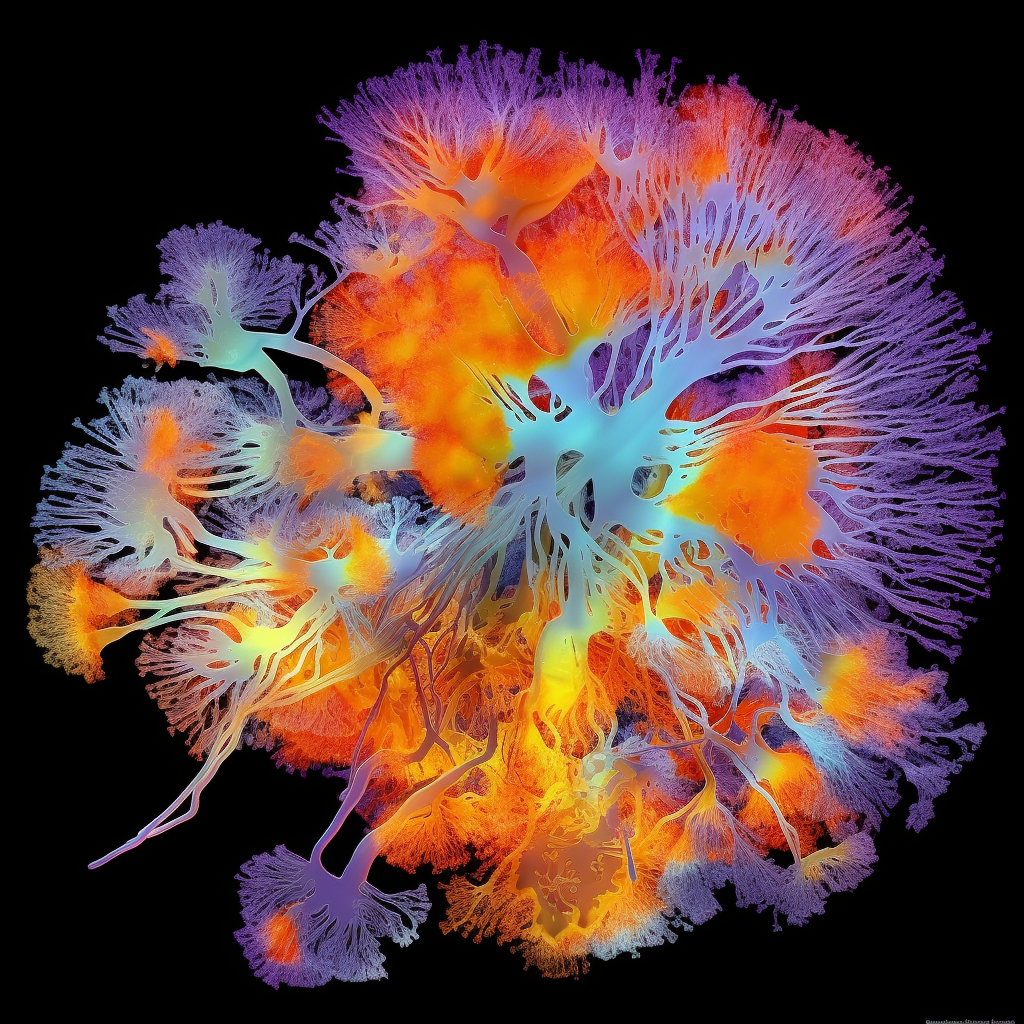Understanding Dreams: Origins, Purpose, and Functions
The Nature and Function of Dreams: Exploring Origins, Purpose, and Mechanisms
Dreams have long captivated the human mind, sparking curiosity about their origin, purpose, and underlying mechanisms. In this article, we delve into the fundamental aspects of dreams, examining theories proposed by researchers and psychologists. From Freud's psychoanalytic theory to the activation-synthesis theory, we explore different perspectives on the meaning of dreams. Furthermore, we explore the potential functions of dreams, shedding light on how they contribute to memory consolidation, emotional processing, and problem-solving.
Unveiling the Theories: Freud's Psychoanalytic Theory and Activation-Synthesis Theory
Freud's psychoanalytic theory posits that dreams represent repressed desires and unconscious thoughts. According to Freud, dreams serve as a window into the unconscious mind, allowing forbidden or suppressed desires to surface symbolically. We explore the significance of symbols and hidden meanings within dreams, providing insights into the unconscious realm.
Contrasting Freud's theory, the activation-synthesis theory suggests that dreams are a result of the brain's attempt to make sense of random neural activity during sleep. This theory proposes that dreams do not hold inherent meaning but rather arise from the brain's interpretation of neural signals. We unravel the intriguing process of how the brain weaves narratives from chaotic electrical impulses.
Unraveling the Functions: Memory Consolidation, Emotional Processing, and Problem-Solving
Dreams play an essential role in memory consolidation. We examine how dreams contribute to the processing and organization of information gathered throughout the day. Through the exploration of dreams' connection to memory, we provide practical techniques for optimizing the memory-enhancing potential of sleep.
Additionally, dreams serve as a medium for emotional processing. We investigate how dreams enable the brain to process and integrate emotions, leading to psychological growth and well-being. By understanding the emotional functions of dreams, readers gain insights into managing and resolving emotional challenges more effectively.
Moreover, dreams have been linked to problem-solving abilities. We explore the phenomenon of "dream incubation," where individuals harness the power of dreams to find creative solutions to complex problems. By employing techniques to engage with dreams consciously, readers can unlock their problem-solving potential during sleep.
Conclusion
Dreams remain an enigmatic realm that intertwines with our daily lives. By comprehending the nature and functions of dreams, we unlock a deeper understanding of ourselves and our inner worlds. From uncovering unconscious desires to processing emotions and enhancing problem-solving capabilities, dreams offer a gateway to self-discovery and personal growth.





